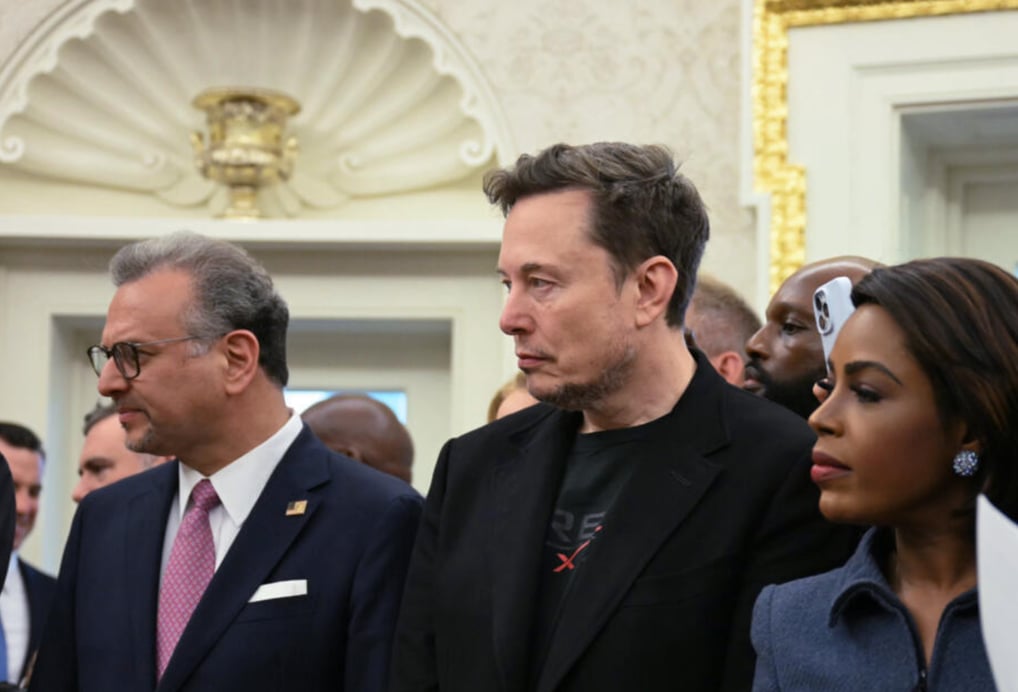The Starlink Shuffle: How Trump, Musk, and South Africa Dance Around Truth and Power
5/23/20252 min read


The Starlink Shuffle: How Trump, Musk, and South Africa Dance Around Truth and Power
Introduction
In a dramatic Oval Office showdown, Donald Trump confronted South African President Cyril Ramaphosa with a video alleging "white genocide," a claim as baseless as it is inflammatory. But beneath this spectacle lies a tangled web of hidden connections involving Elon Musk, Starlink, and the global politics of race and economics. This isn't just about human rights; it's a dance of power, where truth is the casualty, and the beneficiaries are those who wield influence and capital. Let's unravel this complex narrative and explore who really wins in this blame game.
The Scene: Trump’s Theatrics
Picture this: Trump, in a room filled with journalists, plays a video claiming systemic persecution of white South Africans, a narrative debunked by experts and even a South African court. It's a move straight out of a political playbook, designed to stoke outrage and solidify his base. But why South Africa, and why now? The answer lies not just in racial politics but in the economic and personal interests of his close ally, Elon Musk.
Musk’s Shadow
Elon Musk, born in South Africa, has long criticized his homeland, falsely claiming "white genocide" and regulatory barriers to Starlink. Yet, just before this meeting, Ramaphosa agreed to bypass South Africa's Black Economic Empowerment laws, allowing Starlink to operate in rural areas. This deal, a strategic olive branch, suggests Musk's influence over Trump and the economic stakes involved. Starlink's expansion is crucial for Musk's empire, and this concession is a win-win: Musk gets market access, and Ramaphosa gets to mitigate Trump's hostility.
The Blame Game’s Beneficiaries
Who benefits? Trump gains political capital, reinforcing his image as a defender of white interests. Musk secures a lucrative deal for Starlink, bypassing regulatory hurdles that could have delayed his ambitions. The South African government, indirectly, gains improved internet infrastructure, but at the cost of compromising on equity policies. Meanwhile, U.S. right-wing media thrives on the controversy, keeping audiences engaged and advertisers happy.
Hidden Connections
The real story is the intersection of race, politics, and economics. Trump's actions are influenced by Musk's narrative, which serves both personal and business interests. The Starlink deal is a microcosm of how global business interests can shape international relations, where economic incentives trump (pun intended) human rights concerns. This incident reveals a world where truth is secondary to power, and the dance continues, with each player stepping to their own tune.
Conclusion
As we dissect this event, we see not just a clash of ideologies but a convergence of strategies. Trump's theatrics, Musk's business acumen, and Ramaphosa's concessions paint a picture of a world where the big picture is often obscured by hidden connections. The question remains: in this dance of power, who loses? The truth, the people of South Africa, and the global discourse on race and justice.
Thought-Provoking Questions
How do personal histories and business interests influence international politics?
Is the pursuit of economic gain justifying the compromise of social justice principles?
What does this incident reveal about the role of media in shaping global narratives?
Explore deep insights on current events and growth.
Vision
Truth
hello@insightoutvision.com
+1-2236036419
© 2025. All rights reserved.
